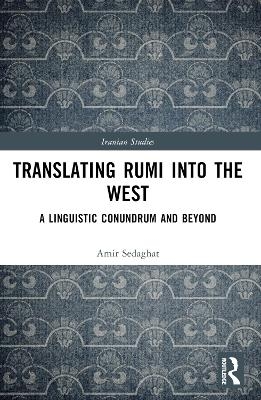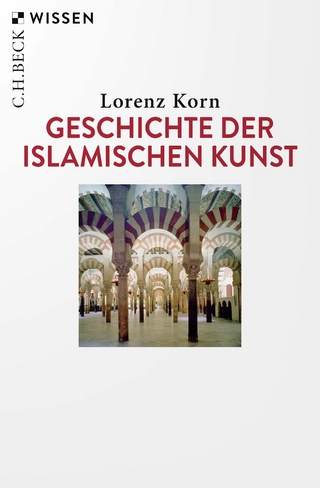
Translating Rumi into the West
A Linguistic Conundrum and Beyond
Seiten
2024
Routledge (Verlag)
978-0-367-74453-3 (ISBN)
Routledge (Verlag)
978-0-367-74453-3 (ISBN)
Focusing on Rumi, the best-selling Persian mystical poet of the 13th century, this book investigates the reception of his work and thought in North America and Europe – and the phenomenon of ‘Rumimania’ – to elucidate the complexities of intercultural communication between the West and the Iranian and Islamic worlds.
Presenting tens of examples from the original and translated texts, the book is a critical analysis of various dimensions of this reception, outlining the difficulties of translating the text but also exploring how translators of various times and languages have performed, and explaining why the quality of reception varies. Topics analysed include the linguistic and pragmatic issues of translation, comparative stylistics and poetics, and non-textual factors like the translator’s beliefs and the political and ideological aspects of translation. Using a broad theoretical framework, the author highlights the difficulties of intercultural communication from linguistic, semiotic, stylistic, poetic, ethical, and sociocultural perspectives. Ultimately, the author shares his reflections on the semiotic specificities of Rumi’s mystical discourse and the ethics of translation generally.
The book will be valuable to scholars and students of Islamic philosophy, Iranian studies, and translation studies, but will appeal to anyone interested in the cultural dichotomies of the West and Islam.
Presenting tens of examples from the original and translated texts, the book is a critical analysis of various dimensions of this reception, outlining the difficulties of translating the text but also exploring how translators of various times and languages have performed, and explaining why the quality of reception varies. Topics analysed include the linguistic and pragmatic issues of translation, comparative stylistics and poetics, and non-textual factors like the translator’s beliefs and the political and ideological aspects of translation. Using a broad theoretical framework, the author highlights the difficulties of intercultural communication from linguistic, semiotic, stylistic, poetic, ethical, and sociocultural perspectives. Ultimately, the author shares his reflections on the semiotic specificities of Rumi’s mystical discourse and the ethics of translation generally.
The book will be valuable to scholars and students of Islamic philosophy, Iranian studies, and translation studies, but will appeal to anyone interested in the cultural dichotomies of the West and Islam.
Amir Sedaghat holds a PhD in translation studies and transcultural communication from the Université Sorbonne Nouvelle, Paris 3. He teaches translation at the University of Toronto, Canada. Specialising in semiotics, he focuses his research on intercultural and interreligious relations between the West and the Islamic World.
Introduction 1. First Order Linguistic Difficulties 2. Translation or the Retrieval of the Discoursive Form 3. Recreating the Poetics of Rumi 4. Translating Rumi’s Rhetoric 5. Hermeneutics of Translating Rumi 6. On the Politics of Reception 7. Translation as an Ethical Locus Conclusion
| Erscheinungsdatum | 20.02.2023 |
|---|---|
| Reihe/Serie | Iranian Studies |
| Zusatzinfo | 57 Tables, black and white; 20 Line drawings, black and white; 20 Illustrations, black and white |
| Verlagsort | London |
| Sprache | englisch |
| Maße | 156 x 234 mm |
| Gewicht | 607 g |
| Themenwelt | Geisteswissenschaften ► Religion / Theologie ► Islam |
| Geisteswissenschaften ► Sprach- / Literaturwissenschaft ► Anglistik / Amerikanistik | |
| Geisteswissenschaften ► Sprach- / Literaturwissenschaft ► Literaturwissenschaft | |
| Geisteswissenschaften ► Sprach- / Literaturwissenschaft ► Sprachwissenschaft | |
| ISBN-10 | 0-367-74453-8 / 0367744538 |
| ISBN-13 | 978-0-367-74453-3 / 9780367744533 |
| Zustand | Neuware |
| Informationen gemäß Produktsicherheitsverordnung (GPSR) | |
| Haben Sie eine Frage zum Produkt? |
Mehr entdecken
aus dem Bereich
aus dem Bereich


